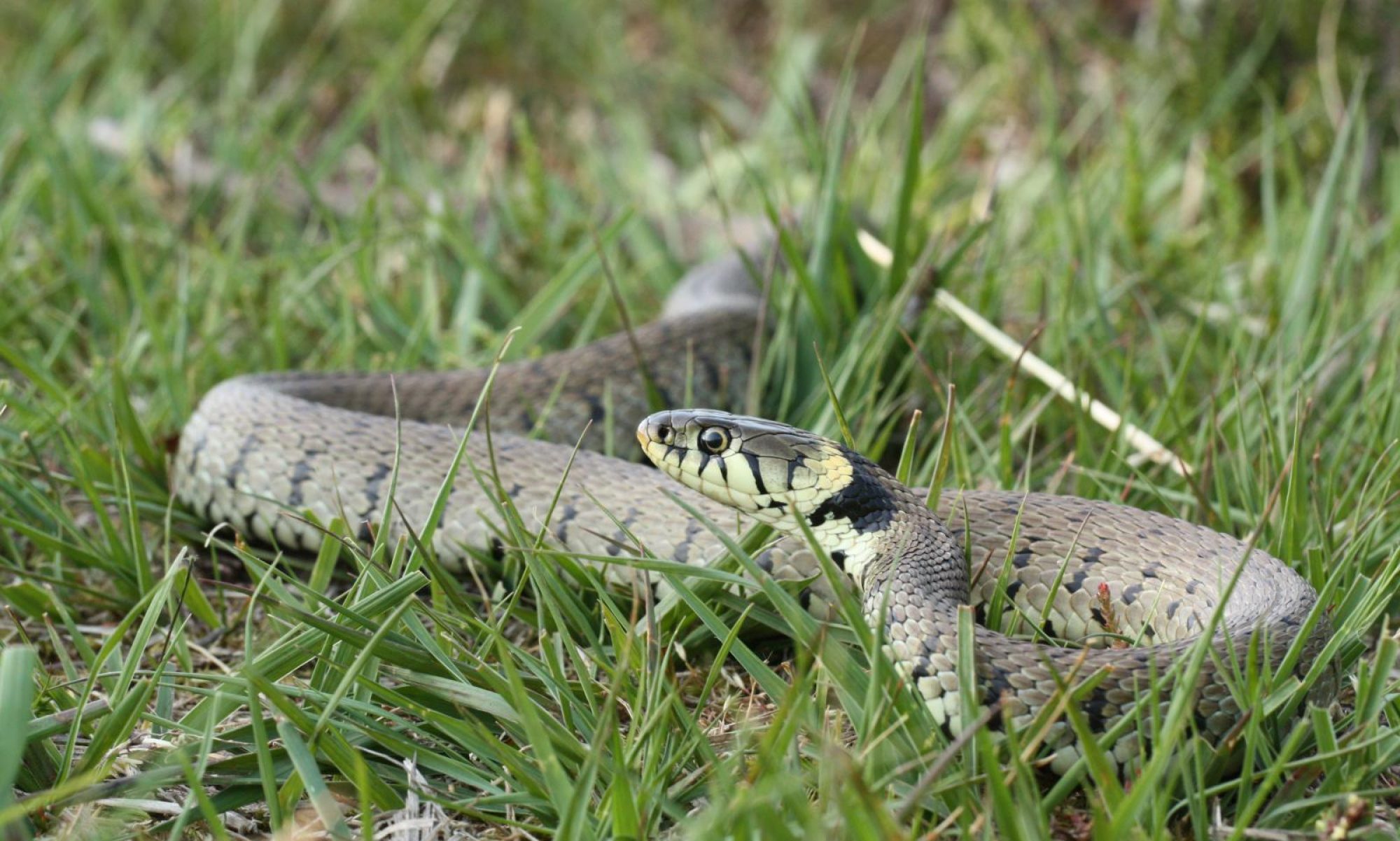Species get transported around the world for numerous reasons, often accidentally amongst traded goods or deliberately as part of the pet trade. Inevitably some escape, or are abandoned and a small proportion of these manage to establish thriving colonies in parts of the world where they do not naturally exist.
Often this can result in detrimental ecological impacts as the newcomers consume the natives, compete with them for resources or introduce exotic diseases against which the natives have no defence. Thus, introduced aliens have a bad reputation and it is illegal to release non-native animals into the wild. Should it occur, it is preferable that they do not become established. However, the reality is that in all parts of the country, including in Somerset, many are established and not all are disastrous, some appearing either to have a benign effect on the ecology, or even perhaps on balance, a positive effect.
Various exotic species of herpetofauna are found occasionally in the county, usually as rather lonely escapees that are unlikely to survive. However, to date two non-native species of frogs, the pool frog and the Iberian marsh frog, are known to be thriving and breeding here together with one species of lizard, the wall lizard. While these species are now essentially naturalised in Somerset, that is unlikely to be the case for the freshwater terrapins that are occasionally recorded, and the status of European Alpine newts which have recently been recorded from a garden in Taunton is not yet known.
